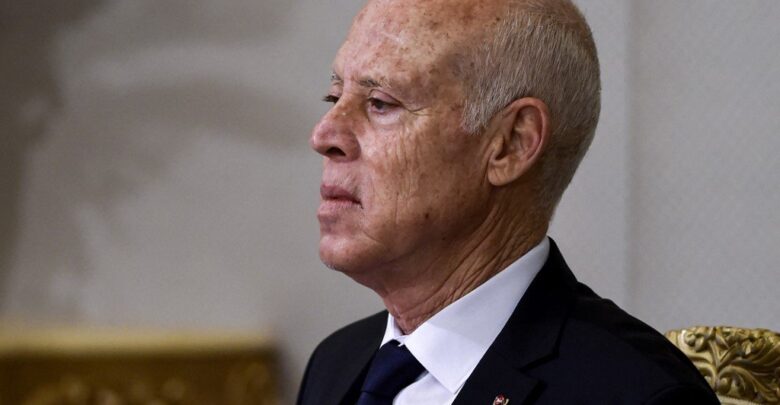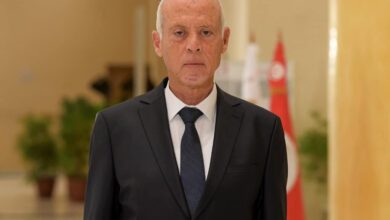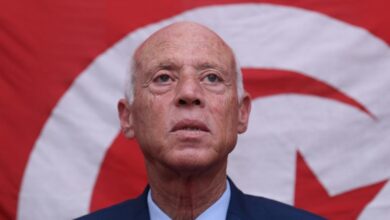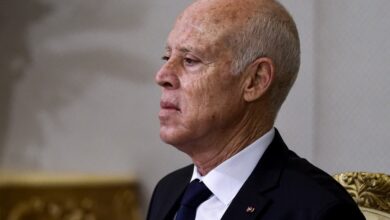Tunisia
Tunisian Court Suspends Dismissal Of 50 Judges By President Kais Saied In June

A Tunisian court on Wednesday suspended the dismissal of some 50 judges by President Kais Saied in early June, reported The Africa News.
On June 1, Mr Saied dismissed 57 judges by presidential decree, accusing them of corruption, obstructing several investigations and protecting terrorists.
On Wednesday, lawyer Kamel Ben Massoud, from the defence committee of the dismissed judges, said the Tunisian administrative court had rejected the appeals of at least seven judges but blocked the dismissal of the others, pending a final ruling by a higher court. He said the judges will be able to resume their functions as soon as they receive a copy of the verdict.
Among those sacked was Youssef Bouzaker, the former head of the Supreme Judicial Council whose members Saied replaced this year as he moved to take control of the judiciary. The council had acted as the main guarantor of judicial independence since Tunisia’s 2011 revolution.
Also sacked was Bachir Akremi, whom some political activists accuse of being too close to the Ennahda party and of stopping cases against it. Ennahda and Akremi both deny the charges.
Several NGOs, including Human Rights Watch (HRW) and Amnesty International denounced the dismissal of the magistrates as a direct attack on the rule of law. The suspension also led to more than a month’s well-attended strike by Tunisian magistrates.
In July last year, Mr Saied ousted the Tunisian parliament and moved to rule by decree, saying that his actions were necessary to save the country from years of paralysis.
Last month, the Tunisian president pushed through a new constitution through a referendum giving himself an array of powers, which his critics say will spawn one-man rule and the end of meaningful democracy.
Tunisia’s new constitution, which replaces one drafted in 2014, gives the head of state full executive control, supreme command of the army and the ability to appoint a government without parliamentary approval.





